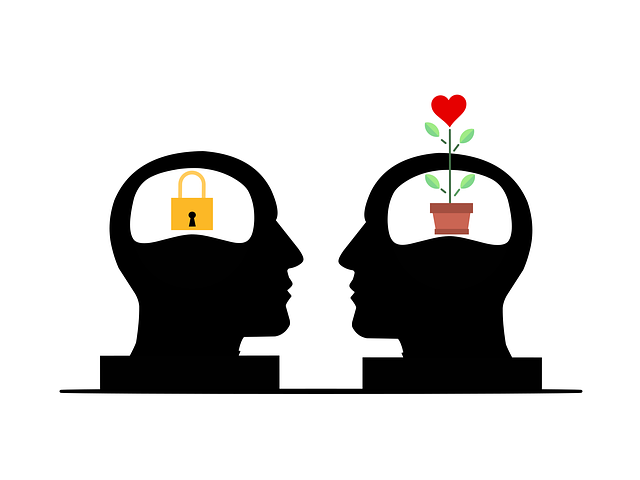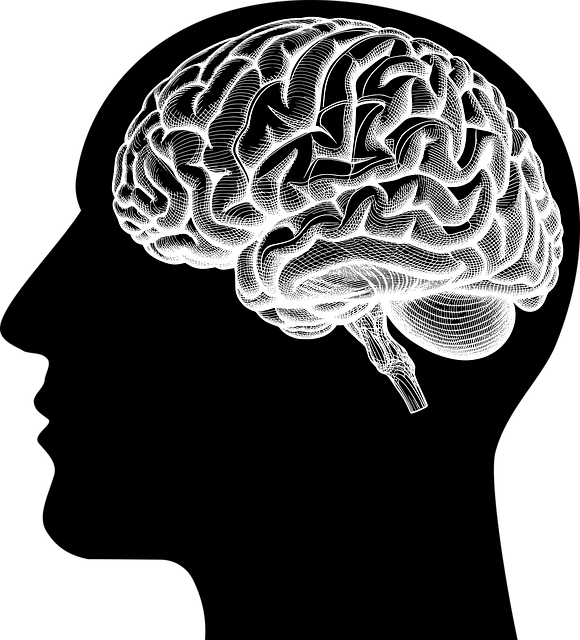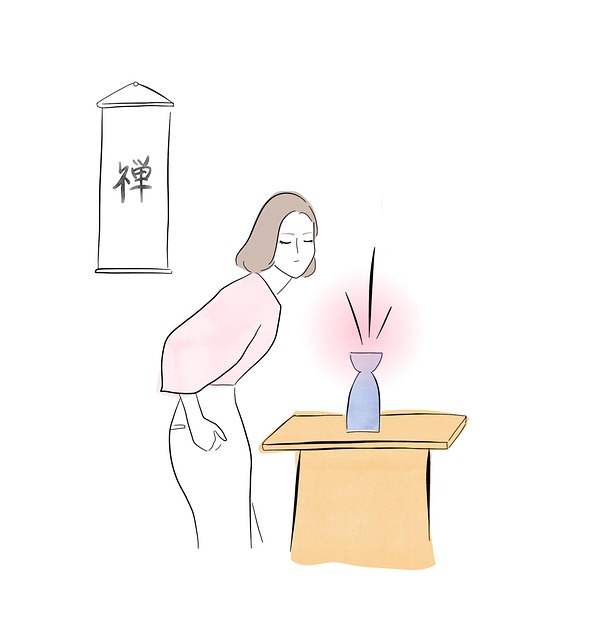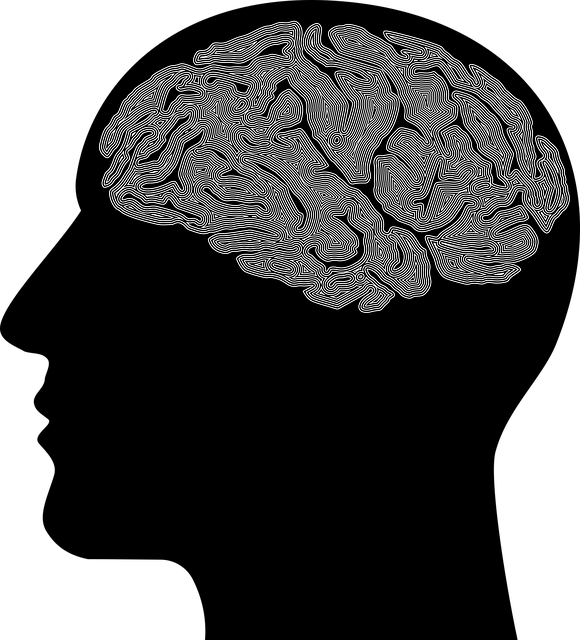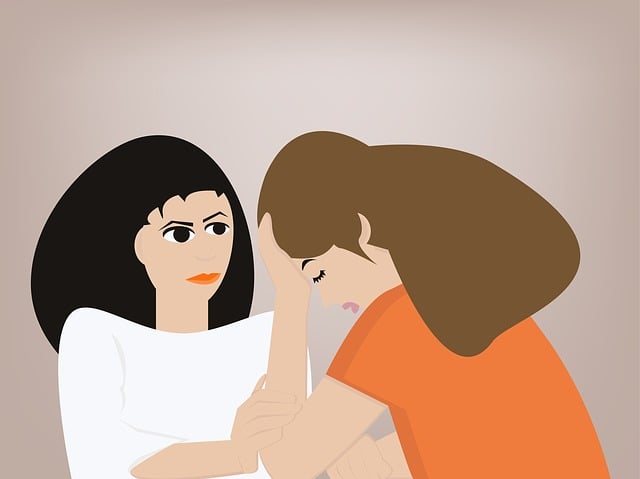Cultural sensitivity is crucial in treating conditions like Westminster Oppositional Defiance Disorder (WODD) due to varying manifestations across diverse backgrounds. Engaging family members and community leaders, considering cultural diversity in emotional well-being techniques, and integrating these approaches can significantly enhance prevention strategies. By embracing cultural competency, mental healthcare providers offer more effective, accessible services tailored to individual needs, improving outcomes for WODD patients in Westminster.
“Cultural sensitivity is a cornerstone in modern mental healthcare, ensuring effective treatment for a diverse range of patients. This article explores the nuances of cultural competence, with a case study focusing on Westminster Oppositional Defiance Disorder (WODD) and its unique challenges. We delve into strategies that empower therapists to deliver culturally responsive care, while addressing barriers faced by professionals. By understanding WODD’s cultural context, mental health practitioners can enhance their approach, ultimately improving outcomes for diverse clients.”
- Understanding Cultural Sensitivity in Mental Healthcare
- Westminster Oppositional Defiance Disorder (WODD): A Case Study
- Strategies for Culturally Competent Therapy
- Overcoming Barriers: Tips for Mental Health Professionals
Understanding Cultural Sensitivity in Mental Healthcare

Cultural sensitivity is a cornerstone in modern mental healthcare practice, recognizing and respecting the diverse beliefs, values, and traditions that shape individuals’ lives. It involves understanding how cultural factors influence mental health experiences and treatment outcomes, ensuring that care is tailored to meet each patient’s unique needs. This approach is especially pertinent when addressing conditions like Oppositional Defiant Disorder (ODD), which may manifest differently across various cultural backgrounds. For instance, what constitutes defiant behavior can vary based on cultural norms, requiring therapists to be adept at navigating these nuances.
In the context of ODD therapy, a culturally sensitive approach could involve incorporating family members or community leaders in treatment plans, recognizing the importance of collective support systems in many cultures. Additionally, Public Awareness Campaigns Development and Emotional Well-being Promotion Techniques that are sensitive to cultural diversity can significantly impact prevention strategies, such as Depression Prevention initiatives. By integrating these considerations, mental healthcare providers can offer more effective and accessible services, fostering better outcomes for a diverse range of patients.
Westminster Oppositional Defiance Disorder (WODD): A Case Study

Westminster Oppositional Defiance Disorder (WODD) presents unique challenges in mental healthcare, underscoring the need for culturally sensitive approaches. This case study highlights a young patient, Sarah, who struggles with WODD, characterized by frequent anger, defiance, and hostility towards authority figures—a manifestation often influenced by her cultural background and personal experiences. Traditional therapy methods might not adequately address Sarah’s symptoms without considering the complex interplay of these factors.
Cultural sensitivity in WODD therapy involves understanding the patient’s heritage, family dynamics, and community context. For instance, public awareness campaigns can play a vital role in destigmatizing mental health issues within diverse communities. Moreover, risk assessment for mental health professionals should include cultural competency training to effectively support patients like Sarah. By integrating these strategies, Westminster Oppositional Defiance Disorder therapy becomes more inclusive and tailored to meet the specific needs of each individual.
Strategies for Culturally Competent Therapy

In providing culturally competent therapy, mental healthcare practitioners must adopt strategies that embrace and respect diverse cultural backgrounds. One effective approach is to incorporate the client’s cultural context into the therapeutic process, recognizing that their beliefs, values, and traditions can significantly influence their mental health and well-being. This might involve learning about the client’s heritage, customs, and any specific challenges they face within their community, such as those related to Westminster Oppositional Defiance Disorder (WODD). Understanding these nuances allows therapists to tailor their approach, ensuring that treatment plans are not only effective but also culturally sensitive.
Additionally, building a strong therapeutic alliance based on mutual respect and trust is vital. Mental wellness coaches can foster this by demonstrating genuine interest in the client’s culture and encouraging open communication. The coach may also integrate confidence-boosting techniques that resonate with the individual’s cultural identity, supporting their mental wellness journey. These strategies not only enhance the therapeutic experience but also contribute to the development of effective mental wellness coaching programs.
Overcoming Barriers: Tips for Mental Health Professionals

Overcoming barriers to providing effective mental healthcare requires a nuanced approach, especially when engaging with clients from diverse cultural backgrounds. Mental health professionals must be vigilant in understanding and addressing their own biases and assumptions, as these can significantly impact the therapeutic relationship. One key strategy is to enhance cultural competency through ongoing training and education, ensuring practitioners are equipped with the knowledge and skills to navigate complex cultural dynamics.
Engaging in self-reflection and regular supervision is vital. Encouraging clients to share their cultural perspectives, traditions, and beliefs can foster a safe and supportive environment. Additionally, incorporating culturally sensitive therapeutic techniques, such as incorporating specific cultural practices or symbols into therapy, demonstrates respect and adaptability. For instance, for clients with Westminster Oppositional Defiance Disorder, professionals might integrate aspects of mindfulness or family-focused therapy, considering the client’s unique context and needs, thereby enhancing treatment outcomes.
Cultural sensitivity is an indispensable aspect of mental healthcare, as evidenced by the unique challenges presented by conditions like Westminster Oppositional Defiance Disorder (WODD). By adopting culturally competent practices, therapists can provide more effective treatment. Integrating diverse therapeutic strategies and overcoming barriers, such as language and cultural misunderstandings, allows professionals to better support clients from various backgrounds. This approach not only enhances treatment outcomes but also fosters a more inclusive and accessible mental healthcare system. In the case of WODD therapy, understanding cultural nuances is key to helping individuals navigate their unique challenges and achieve lasting well-being.


